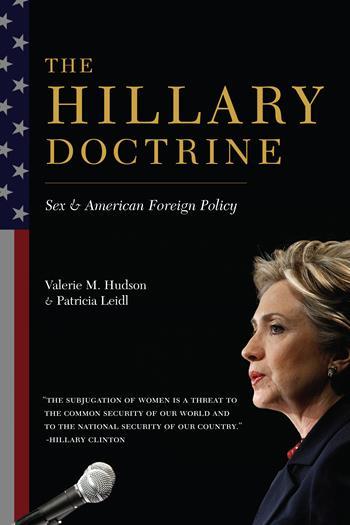An Interview with Michael Janeway
In The Fall of the House of Roosevelt:: Brokers of Ideas from FDR to LBJ, Michael Janeway examines the history of a special group of Rooseveltians, including Thomas G. Corcoran, Benjamin V. Cohen, William O. Douglas, Abe Fortas, and James Rowe, and their linkage to Lyndon Johnson’s Great Society and the Vietnam War debacle.nnQuestion: The reporters and columnists you write about in the New Deal years, including Walter Lippmann, James Reston, Joseph Alsop, and your father Eliot Janeway, sometimes collaborated with top government officials on behind-the-scenes policy-making. How have such practices changed?nnMichael Janeway: On the face of it, a lot, because of standards of professionalism in the press.nnQ: But are there still examples even today of such collaborations?nnMJ: Yes, some quite similar, some with variations, on both the Democratic and Republican side, in both the Clinton and Bush Administrations.nnQ: You write that those same journalists also operated as provocateurs in relation to the Roosevelt Administration. How could they be both intimates of the New Dealers and critics at the same time?nnMJ: Because the Roosevelt Administration set the modern standard for being an arena of cross-fire and infighting within its own ranks. A more recent example of this was Colin Powell vs. Dick Cheney & Co.nnQ: What are the biggest changes in press coverage of government and politics between the Roosevelt years and today?nnMJ: First, television changed everything, from how politics and government work, to the issue of balance of power between government and the media. The big shifts happened under Lyndon Johnson, and he spoke bitterly about them at the end of his life. The second big change is the decline in competitiveness in the newspaper business.nnQ: The group of New Dealers you describe in the book were involved with building FDR’s Democratic Party beyond its “solid South” and big-city-machine-boss bases, pulling in progressive Republicans, independents, labor, women, blacks, immigrants, into a coalition that for years seemed unbeatable. What happened to that coalition? How did it fall apart and why does today’s Democratic Party seem so helpless by comparison?nnMJ: One big reason is that we moved from a political system that depended on the art of building strong coalitions, to one that has put more emphasis on single “hot-button” issues. The Democrats look stronger right this minute than they have for a while because a coalition of concern about the direction of the Bush Administration has been building. But that’s not the same as a coalition that comes together to advance a new Democratic Party agenda.nnQ: What was it like growing up in a household where public figures like Corcoran and William O. Douglas and Lyndon Johnson were constantly on the phone, and you had a behind-the-scenes view of what was in the news?nnMJ: Like being the kid at the keyhole—or sometimes encouraged to pick up the phone extension and listen in. The political world was much more intimate—television didn’t yet dominate it—and communication was more private and primitive—no email, no fax, long-distance phoning wasn’t casual. So it was a world where the real action seemed to be behind the scenes, and here was an extraordinary inside view of it. The problem for a kid was how to reconcile that with just being a kid.nnQ: The Fall of the House of Roosevelt presents Thomas G. (“Tommy the Cork”) Corcoran as the first modern, un-elected White House power-holder, operating in the name of the president. How does Corcoran compare with others who filled that role in later years, like Ted Sorenson under Kennedy, Jim Baker under Ronald Reagan, or Karl Rove today under George W. Bush?nnMJ: Roosevelt presided over the sudden leap forward in the size and energy of government. He was one of the most creative authors of the New Deal’s regulatory legislation, at the same time as he was a gifted speechwriter—FDR’s “rendez-vous with destiny” line is attributed to Corcoran; and, an able lawyer in court defending the New Deal, an operator on Capitol Hill, and in election campaigns. He operated as an extraordinary kind of free-lancer whom FDR designated in an off-the-books way to move around. Sorenson, Baker and Rove have had more formal power, but perhaps


